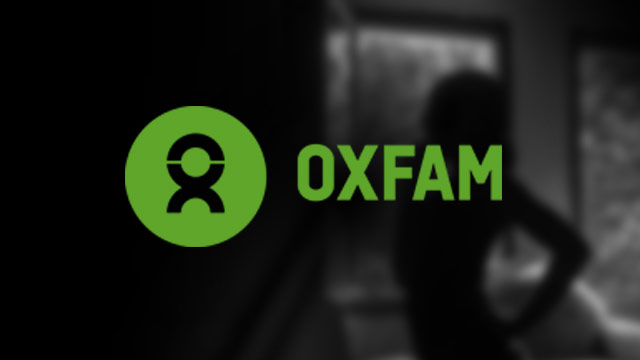
By Charlotte Petri Gornitzka
I was appalled and angry when I learned about the horrific misconduct of Oxfam staff in Haiti, and apparently other places as well. Those sent out to assist and support the most vulnerable have taken advantage of and abused girls and women who are indeed in vulnerable situations.
When men exercise this predatory behavior and our system fails to react quickly and strongly enough, we must acknowledge that something is missing.
I was appalled, but not surprised.
In many ways our business, which is sometimes called the aid industry, is like all other businesses. Structural problems and unbalanced power relations influence the work we do, it doesn’t matter that the very nature of our business is to do good. The surrounding societal realities affect our workplaces, our staff, and our relations.
So I was not surprised to find out about these events. I will not be surprised if more stories within other organizations surface as a result of the reports about this one. No organization, no government, no foundation can be 100 percent certain that they have no skeletons in their closets.
In our business, we have good managers and bad managers, we have mismanagement and corruption, and we have power abuse and sexual harassment. Apparently we also have sexual exploitation of the most vulnerable.
Because of the nature of our business the general public’s expectations are higher. When the very purpose of our work is to improve the world, fight injustice, empower girls and women, and end poverty in all its forms, it is of course expected that we live by the same norms and principles within our organizations and in relation to partners.
So when we fail, the fall becomes so much greater.
Some will use this to say that something is rotten in the aid industry, and take the opportunity to argue that aid is inefficient and that we should decrease development assistance. I would agree that something is rotten, perhaps as rotten as in other industries, but not more here than anywhere else. I have for instance been surprised that we have not seen more of the #metoo campaign within the international development system.
Events like these are unacceptable and devastating for the victims. It is also detrimental for the cause because it affects the organization’s fundraising, which then in turn has a negative effect for other vulnerable populations in need of support.
Events like these also work to put more pressure on management in aid organizations to ensure good ethics and have better systems and control functions in place. Even when that is in place, there will be new scandals, and the only way to uphold trust is to be transparent and act decisively when we encounter bad behavior.
From my experience, after working in this sector for decades, we still do not pay enough attention to management issues, in particular corporate culture and value-based human resources management. I can see an improvement over time, but still find that having a higher cause sometimes make us underestimate the importance of good management, and that the realities of being dependant on fundraising to a certain degree distort incentives.
We need to build an industry-wide corporate culture that empowers employees and partners to speak up with confidence, knowing that action will be taken against those who engage in activities that go against what we’re trying to achieve. When we nurture this culture we can restore trust in our work and serve those who are most vulnerable.
Let’s continue improving and use the anger we now feel, and the pressure from stakeholders, as additional fuel to do better in the future.
Charlotte Petri Gornitzka, former director-general of the Swedish International Development Co-operation Agency was elected as chair of the Development Assistance Committee in 2016.










